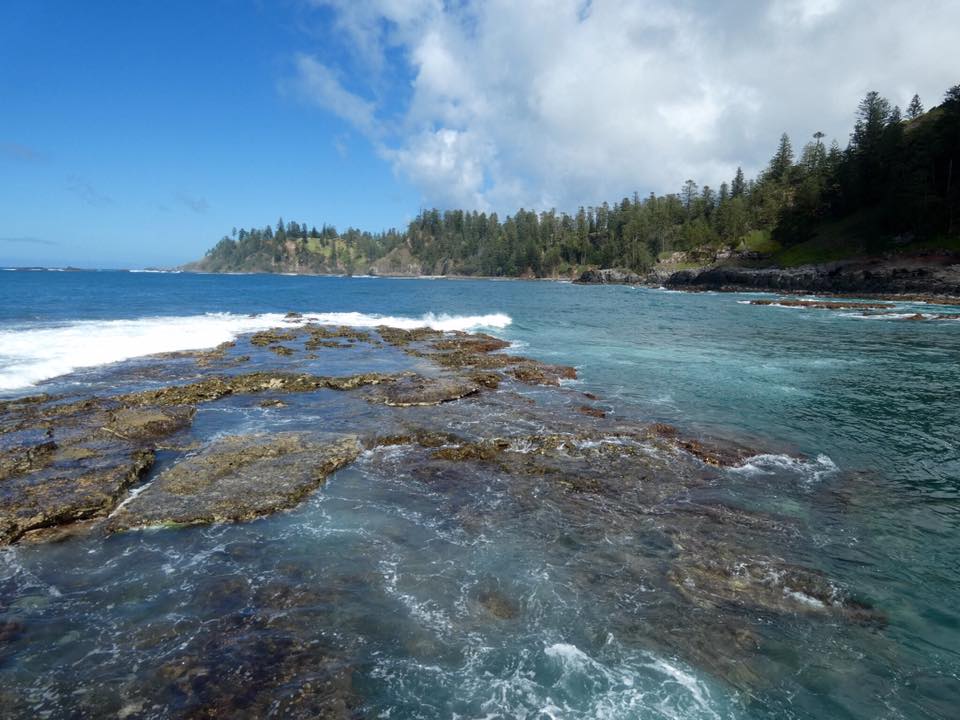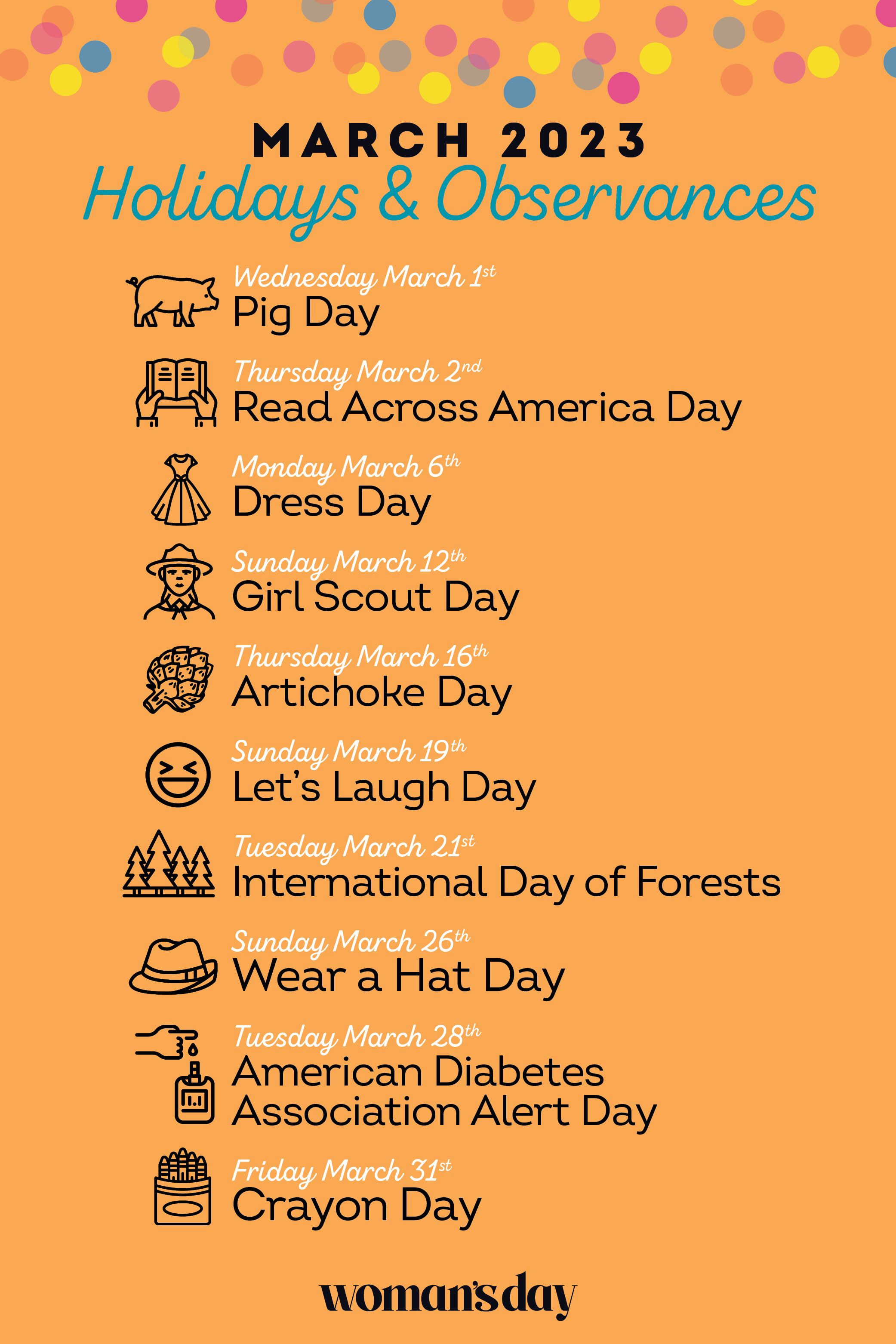What Currency Does Australia Use? Money Tips for Travelers
When planning a trip to the Land Down Under, understanding its currency is vital for a seamless experience. Australia uses the Australian Dollar (AUD), which is not only the official currency but also a vivid reminder of the nation’s unique identity and economic stability. The symbol for the Australian Dollar is often abbreviated as $ or A$ to distinguish it from other dollar-denominated currencies, such as the US Dollar.
Travelers should familiarize themselves with the currency’s denominations. The Australian Dollar is broken down into coins, including 5, 10, 20, 50 cents, and $1 and $2 coins. Banknotes come in denominations of $5, $10, $20, $50, and $100. One notable aspect of Australian banknotes is their polymer composition, which makes them durable, water-resistant, and difficult to counterfeit. The vibrant colors and unique designs, featuring notable Australian figures and flora, make handling cash a bit more exciting.
Using Cash vs. Card: Understanding Payment Methods
While cash is undoubtedly part of the Australian landscape, it’s essential to recognize the growing preference for electronic payments. Credit and debit cards are widely accepted, and contactless payments have become the norm. Most establishments, from bustling cafes to quaint souvenir shops, prefer Tap & Go transactions, which are easy and efficient. This is particularly convenient for travelers who may be wary of carrying large sums of cash while navigating new surroundings.
However, don’t let your reliance on cards blind you to the benefits of having some cash on hand. Certain remote areas, local markets, and smaller establishments may only accept cash or might impose minimum spending limits for card payments. Hence, striking a balance between the two is prudent. Additionally, budgeting your expenses can help you stay on track, ensuring you don’t splurge on too many indulgent experiences
Money-Saving Tips for The Savvy Traveler
Traveling in Australia can be expensive, but there are numerous strategies to help you save money during your adventure. Here are a few insights that savvy travelers often employ:
1. **Exchange Rates and Transaction Fees**: Always be conscious of exchange rates before converting your money. In places like airports, the rates can be unfavorable. It’s better to use local ATMs or banks where possible, as they provide more competitive rates. Additionally, inquire about any transaction fees your bank may charge for international exchanges, as these can pile up quickly.
2. **Travel Cards**: Consider acquiring a multi-currency travel card. These allow you to load Australian Dollars in advance and lock in favorable exchange rates. This is a great way to avoid overseas transaction fees and keep your budgeting in check.
3. **Public Transport and Discounts**: Utilizing public transport can be a cheap and effective way to explore Australia’s cities. Most urban centers offer discounted travel cards for longer stays, which can help reduce daily travel costs significantly. Don’t hesitate to inquire about special rates for students or younger travelers.
4. **Free Activities**: Australia is home to a multitude of free attractions. Natural wonders, parks, and galleries often don’t charge an entry fee, and outdoor activities like hiking and beach visits come at no cost. Researching beforehand can lead to discovering gem experiences without the hefty price tag.
Beyond practicalities, learning a few phrases in Australian slang will endear you to locals and might even lead to unexpected discounts or tips. Australians appreciate humor and outside engagement, so immersing yourself in the culture can yield a more rewarding experience.
Conclusion: Be Currency Smart in the Land Down Under
Understanding the intricacies of the Australian Dollar and the local economic habits will elevate your travel experience. Keeping abreast of your budget, knowing when to rely on cash versus card, and seeking out discounts are all essential techniques to travel smartly. With the right preparation, you’ll not only enjoy your trip to Australia but do so without breaking the bank.
You May Also Like
Best Fish to Catch in Australia: A Guide for Anglers
Australia boasts an extraordinary diversity of fish species, making it …
Emily Bay Norfolk Island: A Hidden Gem in the Pacific
Emily Bay, a picturesque enclave nestled on the sun-kissed shores of …
Holidays on August 23: Global Festivities & Observances
August 23 is a date that carries a bouquet of cultural significance …





